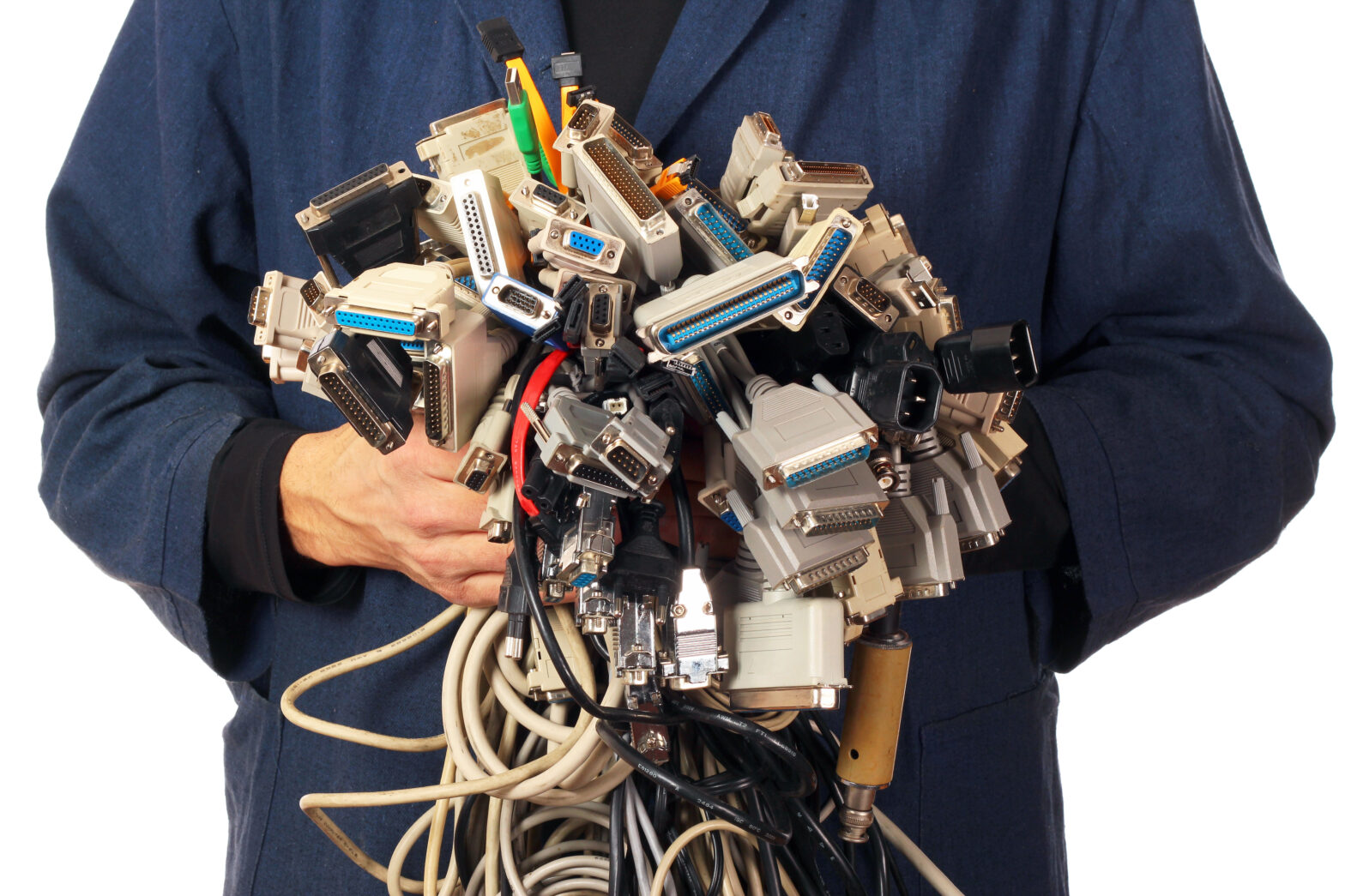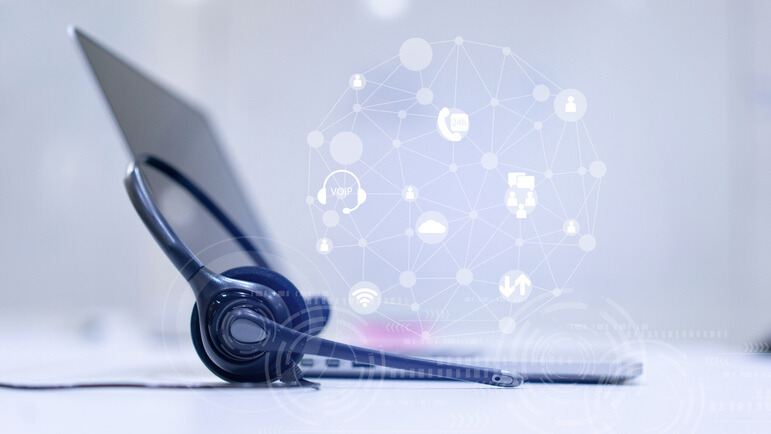Barely a day goes by without another warning about the importance of good cyber security. Getting the basics right such as installing anti virus software and using strong passwords is important, but any efforts to protect your business could be wasted if you’re using old IT systems.
In essence, many old IT systems are full of holes. Where new software and systems are updated to offer protection against the latest threats, older ones haven’t evolved in the same way. They expose the business to risk, make data easier to steal. Once this has happened, a business can lose thousands in illegitimate transactions, and lose the trust of their customers which can be much harder to recover.
Interestingly, only the very oldest systems are considered safe, because they cannot access the internet. However it’s more or less impossible to run a business using old style flip phones and without going online in some capacity. With the phenomenon of the Internet of Things (IoT) growing a pace, devices are becoming more integrated than ever, but the protection on these devices is only ever as good as the software installed on them, including the operating system and anti-virus. A good example of a robust operating system is Windows 10 which is regularly updated to protect against emerging threats. In contrast Windows XP and Vista are no longer supported by Microsoft and are therefore vulnerable as they’re not updated in line with the latest cyber threats. In addition, Windows 7 & 8 will be gradually phased out by 2020, so it’s worth getting familiar with newer operating systems now if you’re not already.
Protecting all devices from viruses
When it comes to anti-virus, it is an essential pre-requisite to safeguarding any business terminal. Even just one device that isn’t protected poses a risk, and that risk could be far costlier than anti-virus protection. The leading software is called Bitdefender, and offers protection against the most notorious cyber malware in recent history including Crypto locker, which encrypts your files and holds them to ransom.
Another risk with old IT systems and devices is longevity; anything purchased before 2012 is generally not built to last very long, and unless the data they hold is backed up or stored remotely, you could lose it. Broken hard drives on PCs and servers cannot be easily replaced and the data they hold is hard to restore, which is why we strongly recommend using cloud storage facilities which are much better for disaster recovery and access.
Although newer technology is generally safer, there are exceptions and you should always exercise caution. Apps are a good example; even if they are from legitimate vendor there is still the potential for them to cause harm if they are riddled with malware. With the sheer multitude of apps out there, it’s impossible to monitor them all, so it’s best to be vigilant. Avoid downloading gaming apps to business devices as these can often access your personal data and bombard you with adverts or other nasty surprises.
With improving identification techniques, such as facial or voice recognition, or even fingerprinting, the future of online security is only set to improve. That’s why we recommend that businesses take advantage of newer technology and eradicate old IT from their network, before it causes irreparable damage to their business operations and reputation.
Andy Hinxman is founder of Keybridge IT Solutions.





